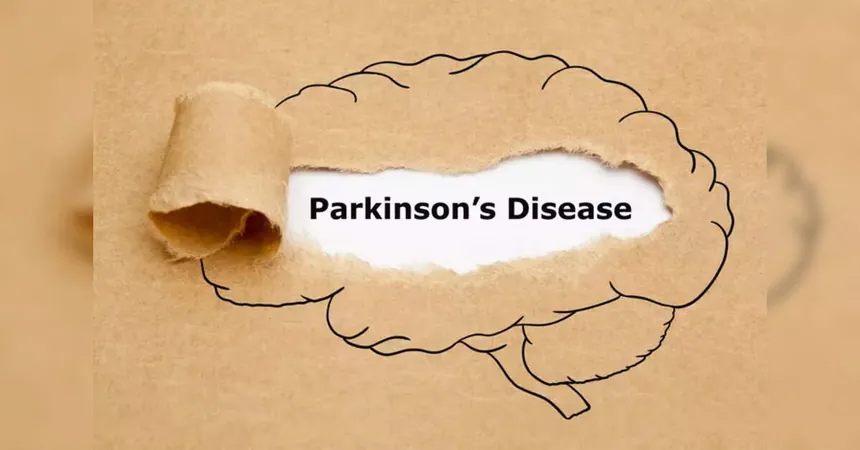
Unlocking the Mystery: Why Levodopa Fails Some Parkinson's Patients
2025-06-29
Author: Nur
Groundbreaking Research Sheds Light on Levodopa's Limitations
In a fascinating study by Simon Fraser University researchers, a cutting-edge brain imaging technique known as magnetoencephalography (MEG) is being used to unveil why the Parkinson's medication Levodopa doesn't benefit all patients equally.
Through detailed mapping of brain signals before and after medication, the team found that Levodopa sometimes activates unintended brain regions, which can hinder its effectiveness.
Personalized Treatments on the Horizon
This pivotal discovery has potential implications for personalized treatment strategies that could ensure patients receive medications that effectively target the areas of their brain most in need.
Published in the journal *Movement Disorders*, this research provides critical insights into the main drug used in dopamine replacement therapy for Parkinson's, which aims to alleviate debilitating movement symptoms.
Understanding the Challenge of Parkinson's Disease
Alex Wiesman, an assistant professor in biomedical physiology and kinesiology at SFU, notes, "Parkinson's is the second most prevalent neurodegenerative disease globally and is rapidly increasing in incidence. Finding effective treatments is crucial for individuals suffering from this disorder."
Despite Levodopa's general effectiveness, a notable portion of patients experience subpar results, prompting the need for in-depth investigation.
What the Study Revealed
In collaboration with the Karolinska Institute in Sweden, researchers studied 17 Parkinson's patients—though a modest sample, their findings are significant.
Utilizing MEG, they could track how Levodopa impacted neural activity, revealing instances of 'off-target' effects where the drug activated unwanted brain areas, diminishing its benefits.
Implications for Future Treatments
Wiesman states, "This innovative analysis allows us to see in real time how the drug influences brain regions. We discovered that patients experiencing these off-target effects still derive some benefit from Levodopa, albeit less than others."
As Parkinson's disease progressively damages dopamine-producing neurons, understanding how drugs modulate brain signals can vastly improve treatment strategies.
Broadening the Scope of Brain Imaging Innovations
The analytical method created by Wiesman and his team has far-reaching implications, potentially applicable not just to Parkinson's but to any medications impacting brain signaling.
With over 2 million industry professionals now engaged in this ongoing conversation, the latest insights and breakthroughs continue to pave the way for revolutionary advancements in treating neurological disorders.



 Brasil (PT)
Brasil (PT)
 Canada (EN)
Canada (EN)
 Chile (ES)
Chile (ES)
 Česko (CS)
Česko (CS)
 대한민국 (KO)
대한민국 (KO)
 España (ES)
España (ES)
 France (FR)
France (FR)
 Hong Kong (EN)
Hong Kong (EN)
 Italia (IT)
Italia (IT)
 日本 (JA)
日本 (JA)
 Magyarország (HU)
Magyarország (HU)
 Norge (NO)
Norge (NO)
 Polska (PL)
Polska (PL)
 Schweiz (DE)
Schweiz (DE)
 Singapore (EN)
Singapore (EN)
 Sverige (SV)
Sverige (SV)
 Suomi (FI)
Suomi (FI)
 Türkiye (TR)
Türkiye (TR)
 الإمارات العربية المتحدة (AR)
الإمارات العربية المتحدة (AR)